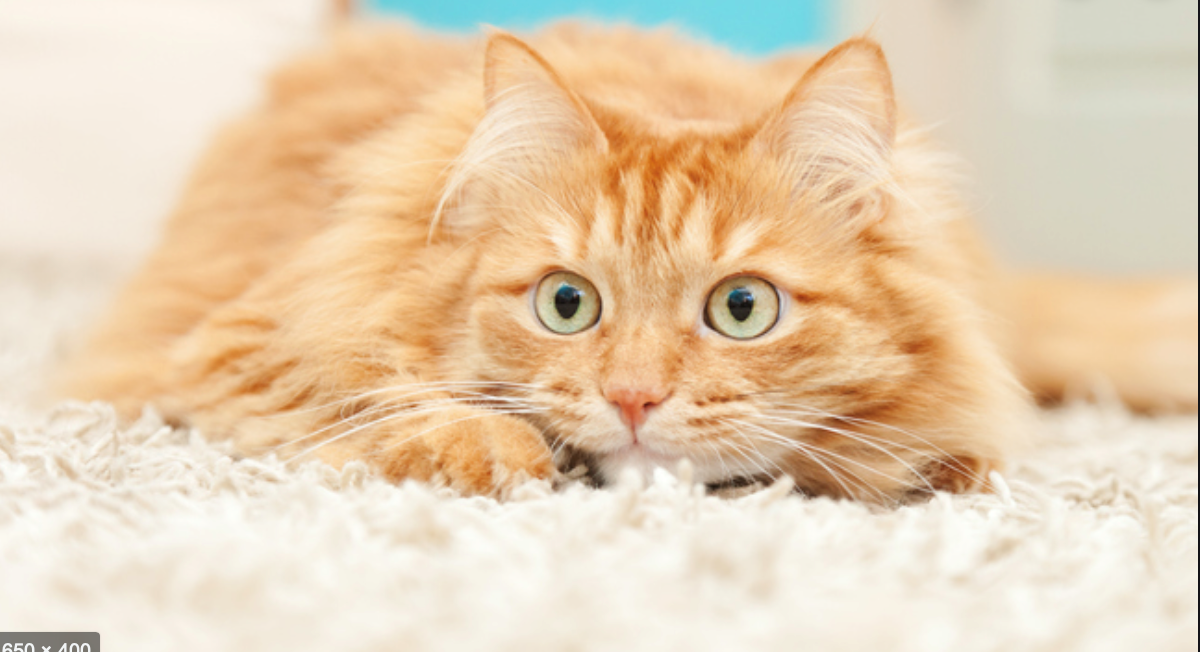
Aylesbury Waterside Theatre
August 31, 2019
Pumpkin Soup
August 31, 2019The domestic cat has evolved from a largely solitary species in the wild. They are susceptible to stress yet disguise it well so as not to be a target for predators.
Behavioural Symptoms
Any noticeable change in your cat’s usual patterns of behaviour and routine.
- Toileting outside of the litter tray (e.g. various places in the house) or urine spraying.
- Scratching excessively on the furniture
- Aggressive behaviour directed towards you, your family or visitors or other pets in the house.
- Excessive meowing
- Constantly wanting to interact or withdraw from you and the family.
- Frequent hiding when in the home (e.g. under a sofa or bed)
- Reluctance to play – having previously been very playful, to come home or go outside.
Physical Symptoms
- Overgrooming causing bald patches or sores
- Poor immune system and poor coat condition
- Sudden changes in appetite.
- Looking lethargic and sleeping more than usual.
- Not going to the toilet as often as usual (faeces and/or urine)
- Frequent squatting, painful urination with blood in it (e.g. cystitis).
You may notice your cat sits differently, her facial expression changes or she does odd little things.
- Often crouching and looking tense, flattened ears, dilated pupils or staring at the floor.
- Rapid frequent grooming that usually lasts around five seconds and sometimes frequent head shaking
- Exaggerated swallowing and quick flicks of her tongue onto her nose.
Stress can cause your cat to become both emotionally and physically unwell and needs help from you. Your vet can offer good advice and assist in investigating the source of the problem. There are many solutions and even complex problems can be helped.
Dr Mandy Elgin, BVMS MRCVS




